We made a commitment to live as much like the locals as possible, including an attempt to survive on limited income. Frugality was the key. We adhered to a shoestring budget for months, getting around as the locals do, eating their food, shopping at their stores, relying on them for information and assistance. In return, we put currency directly into the hands of the villagers and developed friendships with individuals of all stripes. This amounts to community-based tourism. Not content just to sightsee, we expected to integrate, live as the locals did, have real-life experiences that would enhance our understanding of the culture.
We rented out a small cottage in a Costa Rican village and stayed for a year. We learned how to shop for “ones”. One egg, one band aid, for smokers-one cigarette. We spread the money around at the mercado and I accepted a request to teach English to raise money for the local high school. We scoured every inch of the country.
We hiked the rainforests, kayaked on the Pacific, stayed overnight in the jungle with an Indigenous family, and helped a grassroots committee save endangered sea turtles.
We learned, on those chicken buses, how arduous some journeys were. Spending hours on humid, crowded buses for hours does a lot to shape your perception of a culture. We witnessed child labour on those buses. From the windows we saw men riding on top of transports hurtling down a Nicaraguan highway, eating a sandwich with one hand, holding down a flapping tarp with the other. We saw kindness. Pregnant women or those with babies were assisted on and off the buses; the conductor took the baby while the mother got settled and then (somewhat reluctantly) gave the baby back. Those babies were breastfed openly, with no shawl covering the mother, no shame of exposure. My girls observed all of that.
Families who are curious about how to “worldschool” will find information in Facebook groups and on websites that describe what it is and how to go about it. One thing that is very obvious is that every family worldschools differently. Worldschooling is a profound and valuable method some of us use to educate our children. It is very important, therefore, to do it responsibly.
Travelling responsibly means we must spend thoughtfully to enable job creation in the destination, ensure the preservation of the natural environment, and minimise the negative impact of our presence.
Our experiences taught us how to truly support others by committing to shopping solely at locally owned businesses and hiring local guides.
After the trip I came home and presented workshops on community-based tourism, to encourage others to become aware of their purchasing decisions in the age of over tourism.
Our children were very young when we set out. It’s impossible to say how their experiences will impact them and their beliefs about the disparity of wealth in this world. We felt that our job as parents was to create awareness of the issues by direct exposure and what they did with that awareness was up to them. Our responsibility as globally-minded families is to respond with sensitivity to all, as we respond in the same way to our own children.
Janet LoSole is the author of Adventure by Chicken Bus: An Unschooling Odyssey through Central America. Adventure by Chicken Bus demonstrates how to travel sustainably, but more importantly, how to nurture the next generation of environmentalists and social justice activists by exposing them to the conditions faced by those in the developing world. Janet’s writing on homeschooling and travelling with children can be found on her website.

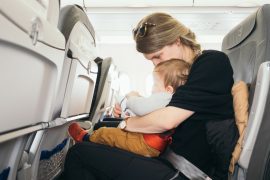
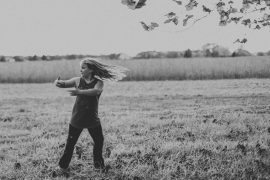
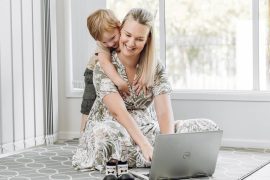
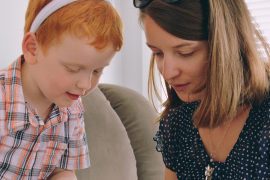
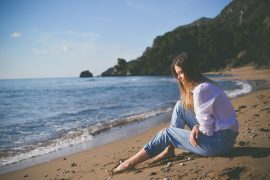
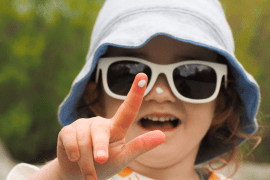



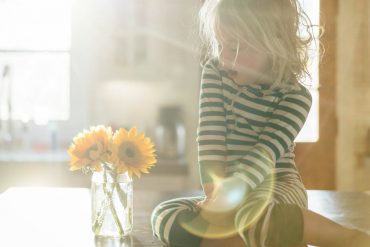
You gave your daugthers a great experience with these 2 years. I love that you shopped localy and that you did community-based tourism.